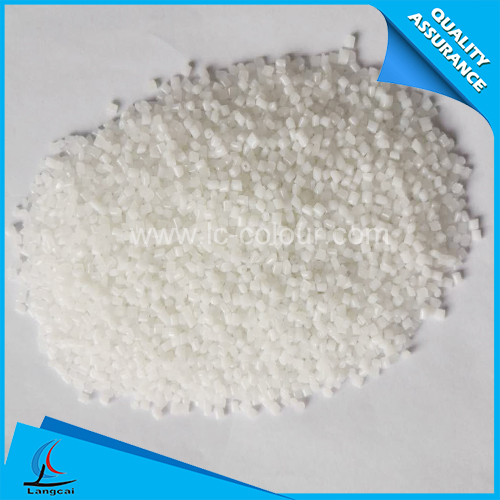- Nonwoven Fabrics
- Tailor Made Masterbatch
- Plastic Masterbatch
- Chemical Fiber Masterbatch
- Functional Masterbatch
- Machinery
- Spunbond PP Nonwoven Masterbatch
- Mono Color Masterbatch
- Liquid Color Masterbatch
- Non-woven Masterbatch
- Polyester Fiber Masterbatch
- Nylon Fiber Masterbatch
- Polypropylene Fiber Masterbatch
- Lab Nonwoven Machine
- Lab BCF Machine
- Dryer
- Filler Masterbatch
- How can the refined cotton industry navigate through the trade fog between China and Japan
- Why choose Mono Color Masterbatches? Three major advantages highlight value!
- The "Symbiotic code" between domestic and overseas markets
- The application advantages of Plastic Masterbatches are remarkable!
- How will the "balanced development of imports and exports" be promoted during the "15th Five-Year Plan" period?
- Why choose Mono Color Masterbatches?
- Phone:00836 - +86-535-8484358
- Email:wendy@ytlc-colour.com
- Address:DALAN INDUSTRIAL PARK, ZHANGXING TOWN, ZHAOYUAN CITY, SHANDONG, CHINA
5 August Bangladesh Prime Minister Sheikh Hasina announces her resignation and leaves the country as the army takes over to form an interim government. Meanwhile, Bangladesh Garment Manufacturers and Exporters Association (BGMEA) and Bangladesh Textile Mills Association (BTMA) announced that their factories will remain closed until further notice due to the deterioration of law and order. An official of the Bangladesh Textile Mills Association said a spinning mill in Gazipur was burnt down by violent protesters yesterday, adding that a number of other spinning mills were also attacked.
The turmoil in Bangladesh has had a marked impact on the global textile industry.
Due to the deterioration of law and order, Bangladesh's Garment Manufacturers and Exporters Association (BGMEA) and Bangladesh Textile Mills Association (BTMA) announced that factories would remain closed until further notice. This has not only affected Bangladesh's own economy, but also the global textile landscape.
First, because of the unrest in Bangladesh, buyers began to shift orders to other countries, such as India and China, to avoid the risk of delivery delays. India's textile stocks have soared as a result, boosting its garment industry as the country is seen as a beneficiary of the "China plus" policy for foreign buyers. India has sufficient infrastructure and idle facilities to meet the demand of diverted orders, which provides development opportunities for India's textile industry.
However, Bangladesh is also a major buyer of Indian cotton yarn and fabrics, so the unrest in Bangladesh has had a negative impact on the Indian upstream industry. About 25 to 30 percent of India's yarn exports go to Bangladesh, and if the unrest continues, it could be a concern for India's textile industry.
In addition, the turmoil in the textile industry in Bangladesh may also trigger a "big reshuffle" in the global textile and clothing industry. If the situation in Bangladesh continues to be unstable, the global industrial chain may need to be rearranged. Some garment manufacturers who have moved out of China are considering returning, which may have a certain impact on China's textile industry.
- Why choose Mono Color Masterbatches? Three major advantages highlight value!
- How can the refined cotton industry navigate through the trade fog between China and Japan
- The application advantages of Plastic Masterbatches are remarkable!
- The "Symbiotic code" between domestic and overseas markets
- Why choose Mono Color Masterbatches?
- How will the "balanced development of imports and exports" be promoted during the "15th Fi
- What are the prominent advantages of Plastic Masterbatches?
- The opening ceremony of the 9th China Textile Intangible Cultural Heritage Conference was
- Explore the performance optimization and efficient coloring of Mono Color Masterbatches!
- What pressure does the United States' promotion of US-India trade cooperation bring to Chi


